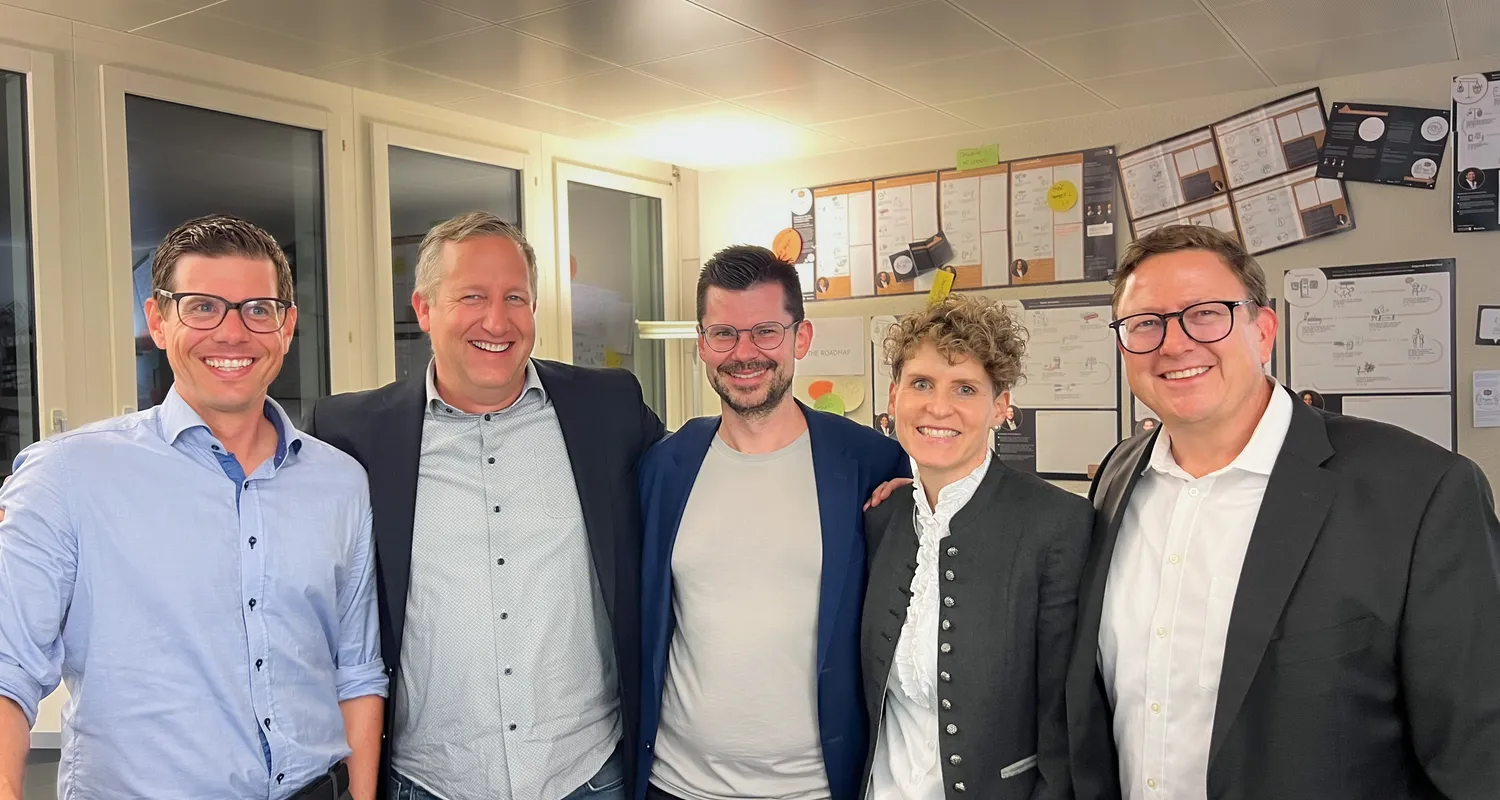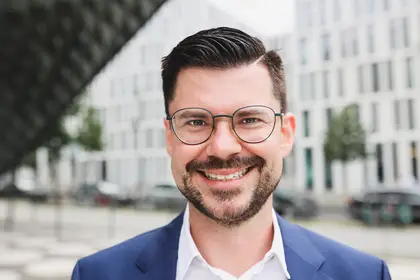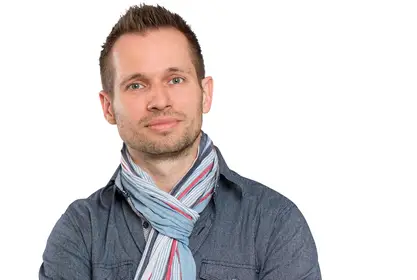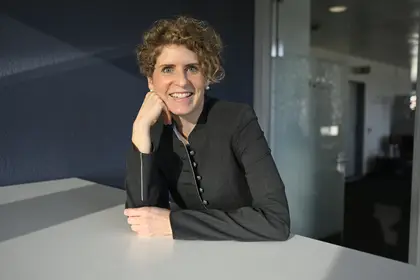What are Future Skills – and why are they crucial?
At our Future Leadership Events “Future Skills – the Future is Human” with Dr. Arndt Pechstein and Dr. Martin Schwemmle from The Future Company, the invited CRHOs took time to focus on the future.
Technological development is advancing faster than ever – we are in the midst of an exponential change dynamic. Everything that can be delegated to technology will be. Therefore, what cannot be replaced by AI or machines becomes more significant: our human abilities and our future competencies, the Future Skills. These include courage for the future, fog competence, critical thinking, resilience, psychological safety, values and purpose orientation, as well as a spirit of experimentation and innovation.

Dr. Martin Schwemmle, economist, innovation researcher, and communication expert, and Dr. Arndt Pechstein, neuroscientist, biomimicry specialist, and transformation expert combine solid science with pragmatic implementation – and make Future Skills tangible.
With their company The Future Company, they have dedicated themselves to this topic and have jointly developed the Future Skills Navigator – a tool that helps leaders and organizations recognize, develop, and deliberately promote future competencies.
In their keynote, Martin Schwemmle and Arndt Pechstein outlined which competencies are indispensable for the future and why it is essential for organisations that leaders bring these abilities, use them consciously, and continue to develop them.
Subsequently, the participants reflected on their individual situations using targeted questions and thought experiments: How pronounced are my own Future Skills, those in my team, and in our organisation? Where do we stand – and what is blocking us?






